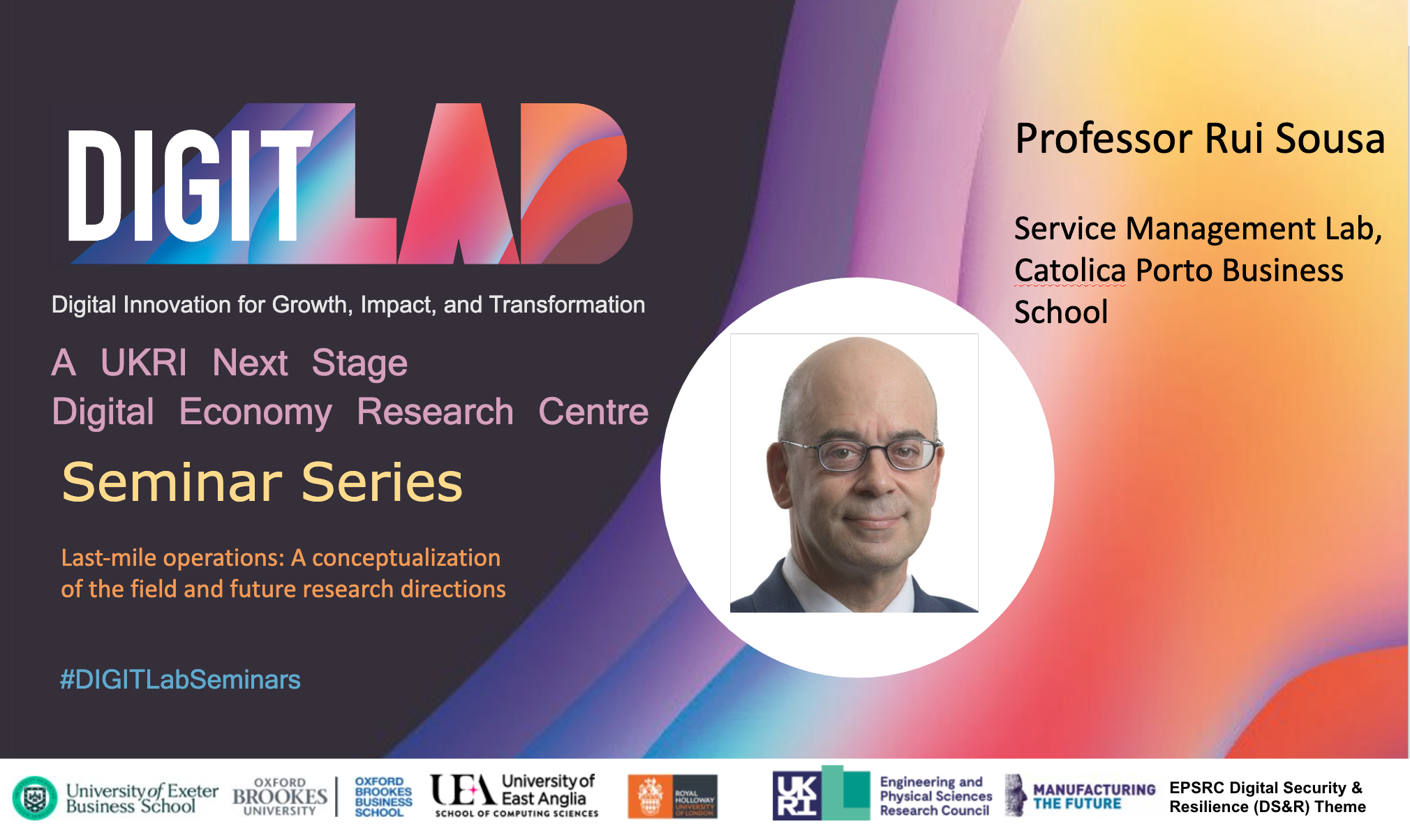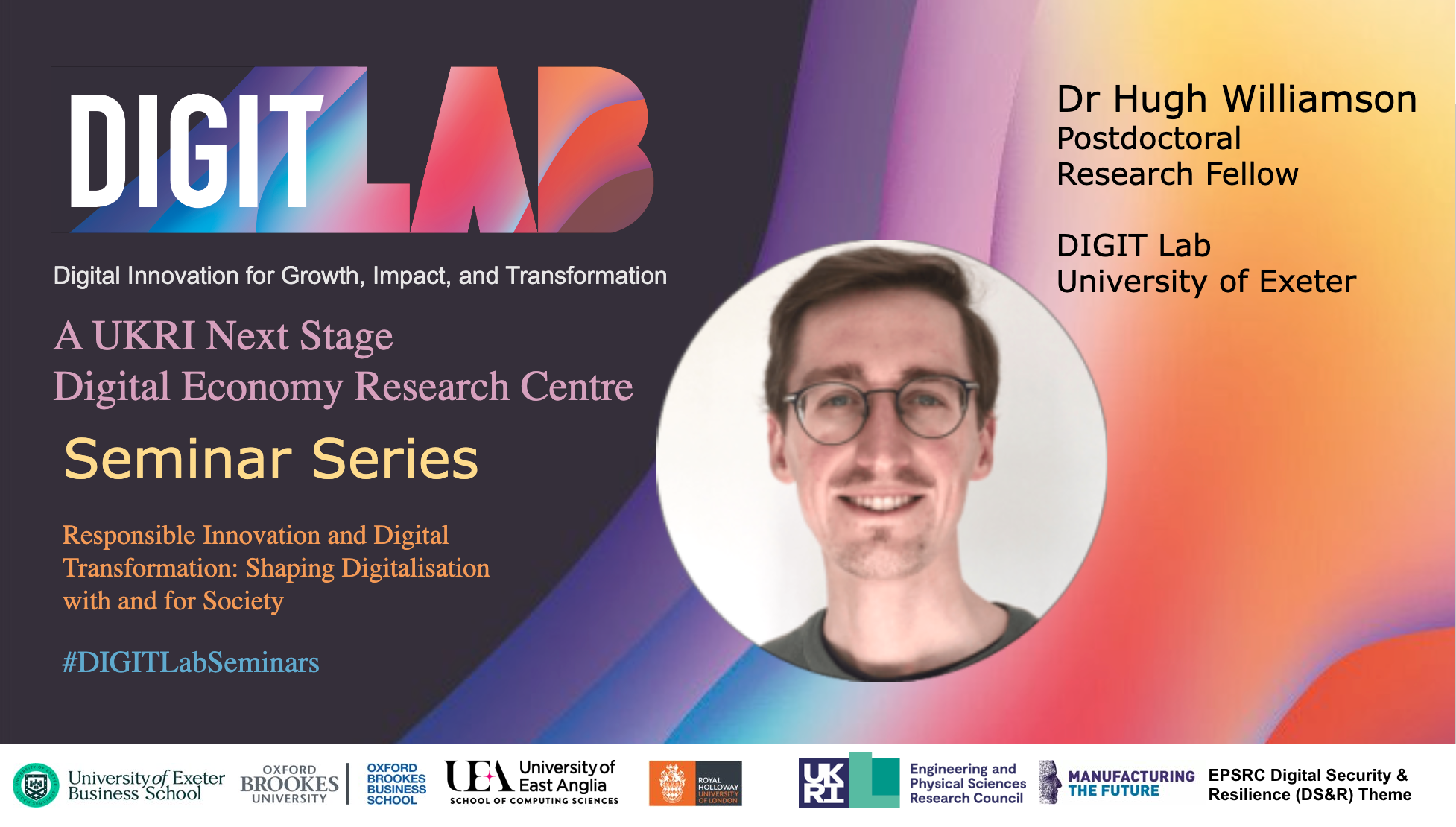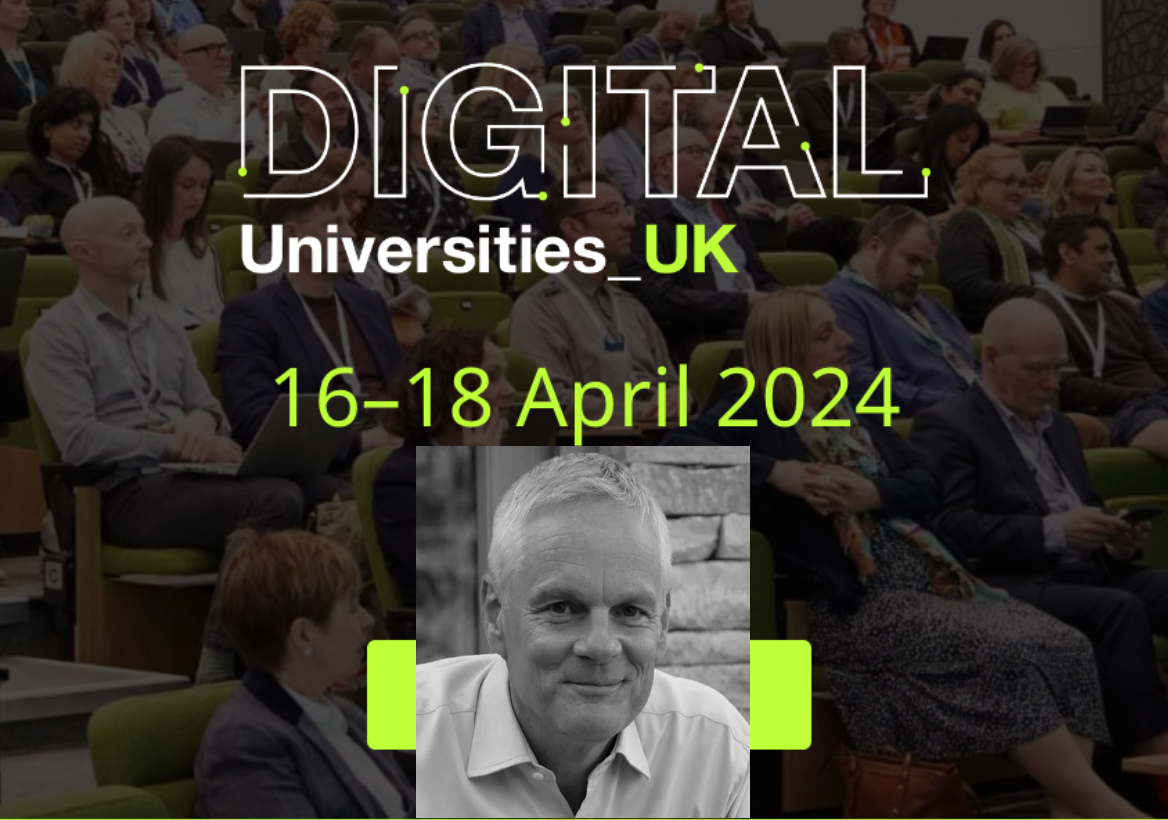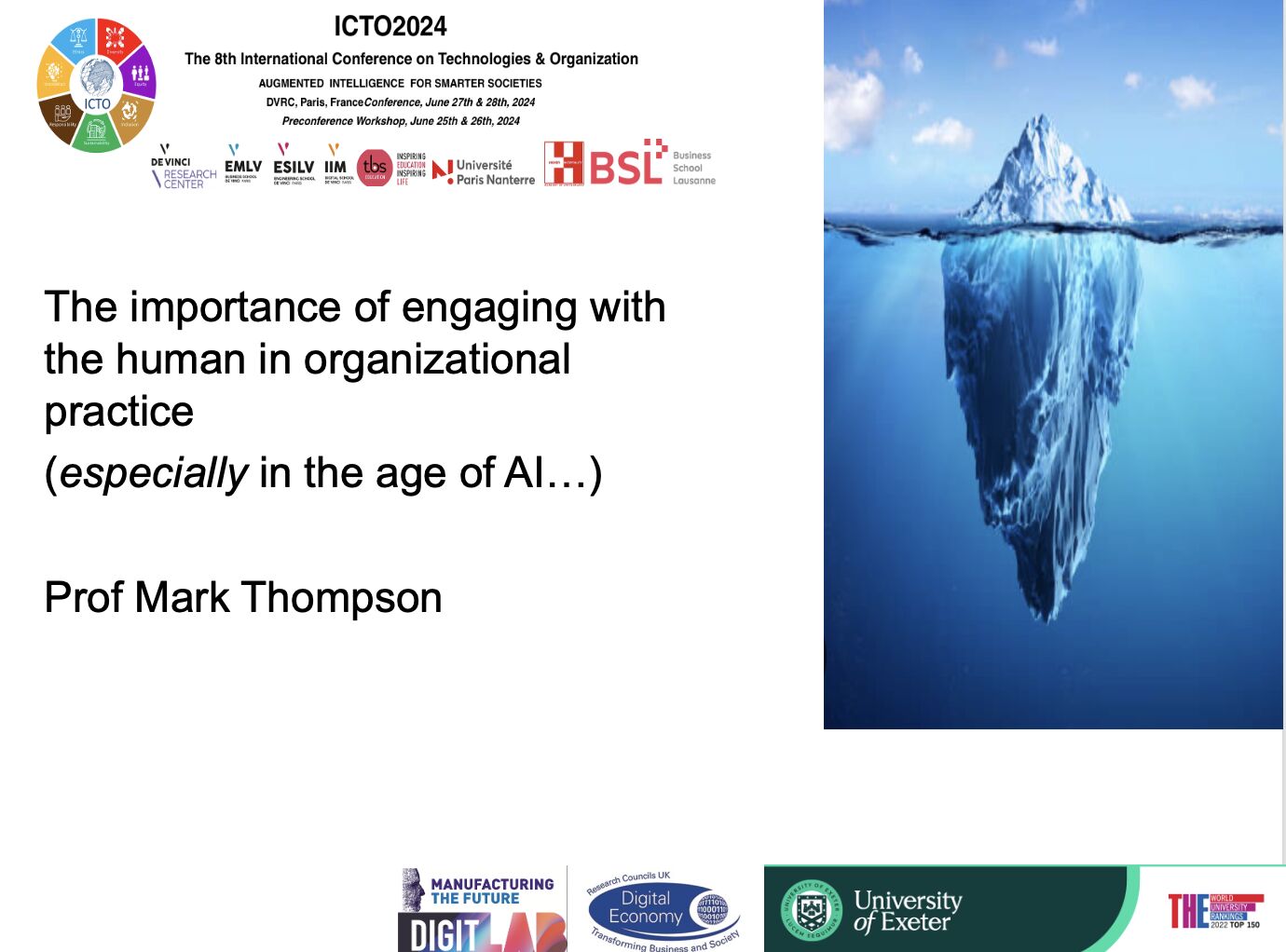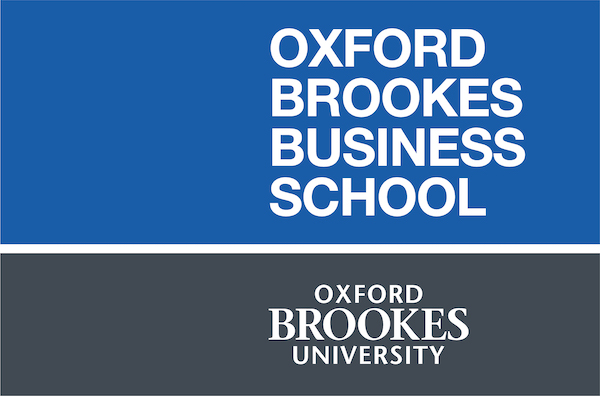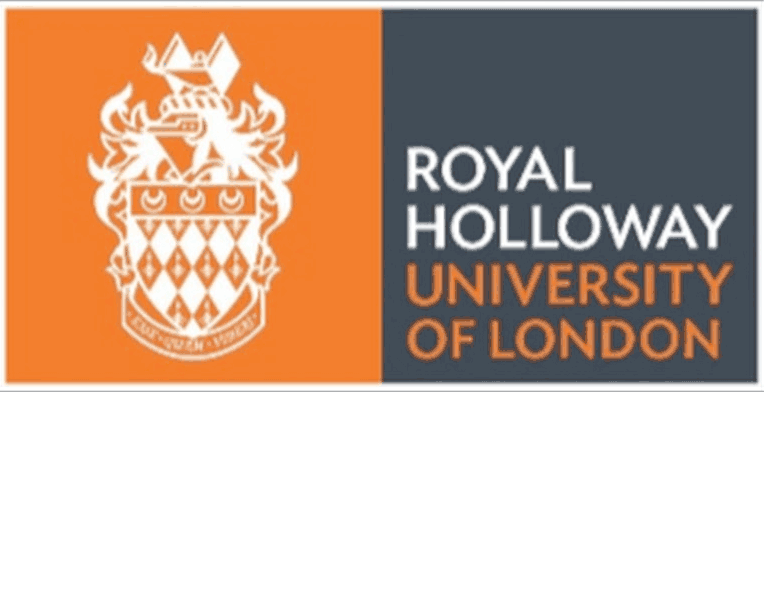Monday 15th April 2024, 14:00–15:00pm BST
DIGIT Lab / Innovation, Technology and Entrepreneurship (ITE) Joint Seminar.
Speaker: Dr Camille Bellet (Centre for the History of Science, Technology, and Medicine (CHSTM), University of Manchester)
Abstract
This paper explores how knowing practices of cow care unfold within the context of the adoption of digital sensing technologies in dairy farming. Drawing on over 200 hours of ethnographic fieldwork conducted across dairy farms in France and the United Kingdom, as well as 43 qualitative interviews with farmers, veterinary practitioners, and veterinary scientists, this study examines the material-discursive aspects of such practices (i.e. where they occur, how, with what underlying hypotheses, with what, whom, and when), their intersections, as well as their implications for knowledge production. Specifically, we focus on the sensory, affective, and professional dimensions of knowing practices, which together constitute the ‘appropriate way’ to care for cows on the farm. We argue that these more-than-human practices not only shape human understandings of cows but also influence the ways veterinarians and farmers are defined by themselves and others. By supporting a non-essentialist perspective on knowing practices in dairy farming, the study invites a posthumanist examination of how cow care is performed and transformed in light of emerging digital sensing technologies.
Speaker Bio
I am a posthumanist researcher and Honorary Research Fellow in Humanities and Social Sciences at the Centre for the History of Science, Technology, and Medicine (University of Manchester). I am also a member of the research group ‘Anthropology of Life’ (Collège de France). Trained as a veterinary practitioner and epidemiologist, I was awarded, in 2020, a Wellcome Trust Research Fellowship in Humanities and Social Science to establish myself as one of the few interdisciplinary social scientists in the field of animal health and well-being. My research sits at the intersection of the environmental and medical humanities, sensory studies, and STS and draws on sensory methods and approaches from history, ethnography, and the arts. My work explores human relationships with non-human animals, particularly cows, pigs, and chickens.
For more information, contact Hugh Williamson (h.williamson@exeter.ac.uk)

